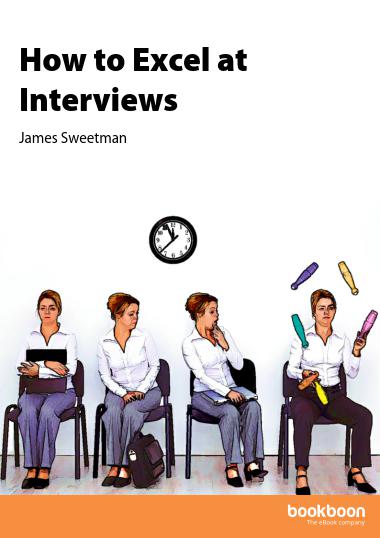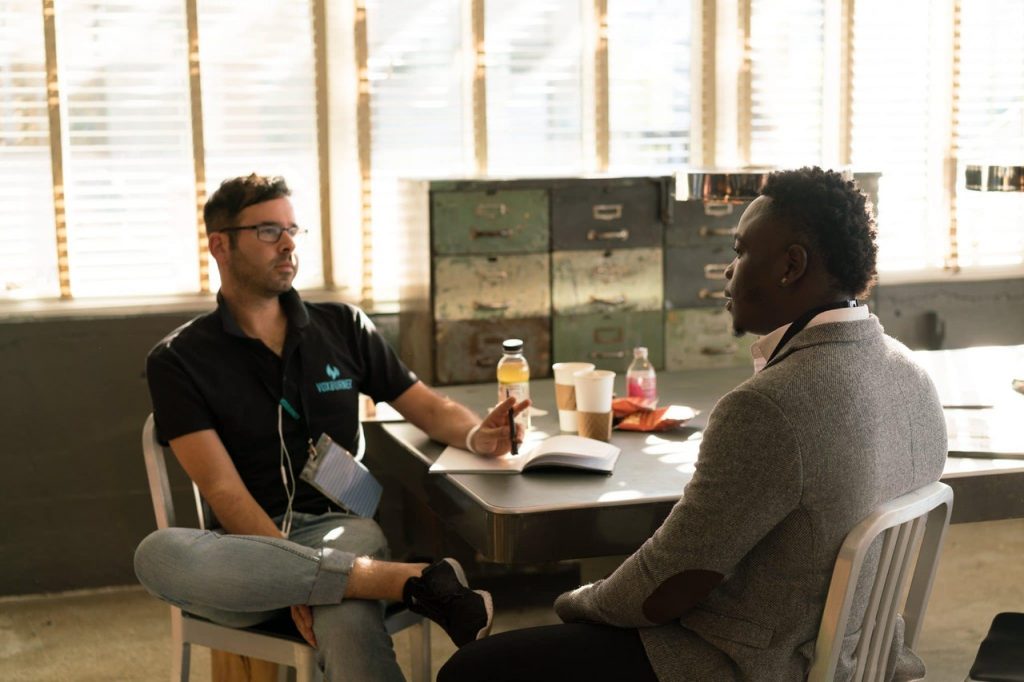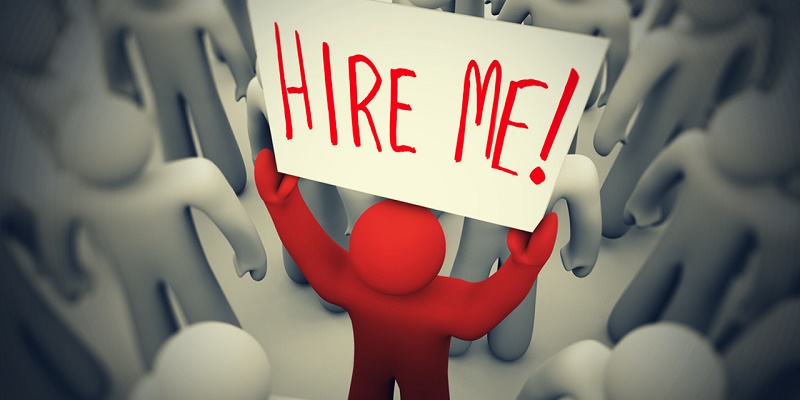Those crazy interview questions

With planning and foresight it is possible to predict many of the questions you will be asked at an interview. But then there are the questions that you could never predict, questions which seem so bizarre you could think the interviewers are having a laugh. However, these whacky questions serve a purpose and they can also be categorised.
Commonly associated with companies such as Facebook or Google, these far-out questions are seeping into the mainstream as organisations realise the benefits of learning more about a candidate’s personality, preferences and motivations.
Four broad categories of ‘crazy’ interview questions
1. Who would you be Questions
- If you were a colour what colour would you be and why?
- If you were a superhero who would you be and what superpower would you have?
- If you were an animal, what animal would you be?
- If you were a cartoon character, who would you be and why?
All of these questions are a variation on a theme, that theme being your levels of self-awareness and your ability to assess yourself from a neutral, objective position. There are no right or wrong answers to these questions, but they do represent an opportunity to highlight what you consider to be a positive personality trait, or innate strength.
2. Moral situational Questions
- What would you do if you find a colleague stealing?
- If your manager asked you to do something you found unethical, how would you handle it?
- If you suspect the organisation of doing something illegal, what would you do?
- If you felt a colleague was being unfairly treated or bullied what would you do?
It is quite common for interviewers to ask hypothetical questions to test competencies during an interview. They can also use hypothetical questions to explore your stance on a moral or ethical issue. This category of questioning assesses your integrity, sense of fairness, and conscience.
3. Personal Experience Questions
- What’s your funniest memory?
- Have you ever done something you really regretted?
- Have you or would you ever sky-dive?
- What’s been your biggest mistake?
- What’s your favourite type of party?
At every interview you will be asked to speak about your experiences and share your opinions most commonly on topics such as your career history or challenges facing the industry. Some interviewers will take this a step further in an effort to learn more about you and to determine if you have the personality characteristics they are seeking. For example, if they want to a hire a friendly, chatty, out-going person, they are looking to see these qualities expressed in your answers. In many ways, it is not the content of your answer interviewers are interested in, they are more concerned with how you come across, the personality traits you display whilst answering these questions.
4. Problem-Solving/ Creative Thinking Questions
- How many different ways could you use this (you are shown an ordinary item like a pen, stapler, ruler)
- If you were shrunk and dropped into a glass, how would you get out?
- What’s the case for making footballs square?
- How could a postman use a box of matches?
- If you were marooned on a desert island, what three items would you want to have with you and why?
- How many tattoo parlours do you think there are in Russia?
These are the wackiest of all questions and are asked to test your ability to think fast under pressure, to think outside the box and to demonstrate your creativity and problem-solving abilities. Interviewers don’t expect a ‘right’ answer, but they will expect you to come up with something logical or creative and to be able to articulate your thought process.
In traditional organisations where the nature of the work is more routine and process driven, a logical slant to your answers makes sense (although it is less likely one of these questions will be asked in the first place.) In the creative fields, marketing, advertising, design, interviewers are not looking for logic, they want creative thinking, so let your imagination run riot. There is often scope for a little humour in your answers to these questions. A whacky question can have a whacky answer!
Interviewers don’t ask crazy questions for their own amusement or in attempt to catch you out. These curve-ball questions are effective devices for assisting interviewers in learning more about you so they can make informed hiring decisions. They will be paying attention to how you go about answering the questions, your thought-processes and patterns within your answers. For example, do you talk yourself up, emphasise camaraderie with colleagues, demonstrate logic or creative flare, stay broad brush or show attention to detail.
Whilst you always want to give the most honest answer you can, because you want to be hired for being you, it makes sense to stay cognisant of the type of organisation where you are interviewing and the company culture.
We cannot control the uncontrollable, but we can control our response to the uncontrollable. If you get one of these questions, recognise it for what it is, buy yourself a few seconds by taking a sip of water, remain composed, consider your response, knowing that you now know the reason why you are being asked the ‘crazy’ question in the first place.
About the author: James Sweetman is an experienced Business & Personal Coach, Soft Skills Trainer, Motivational Speaker and Author. He specialises in a number of areas including Interview Preparation, Career Fulfillment, Motivation and Leadership Skills.
More information about James and his work can be found at www.jamessweetman.com




